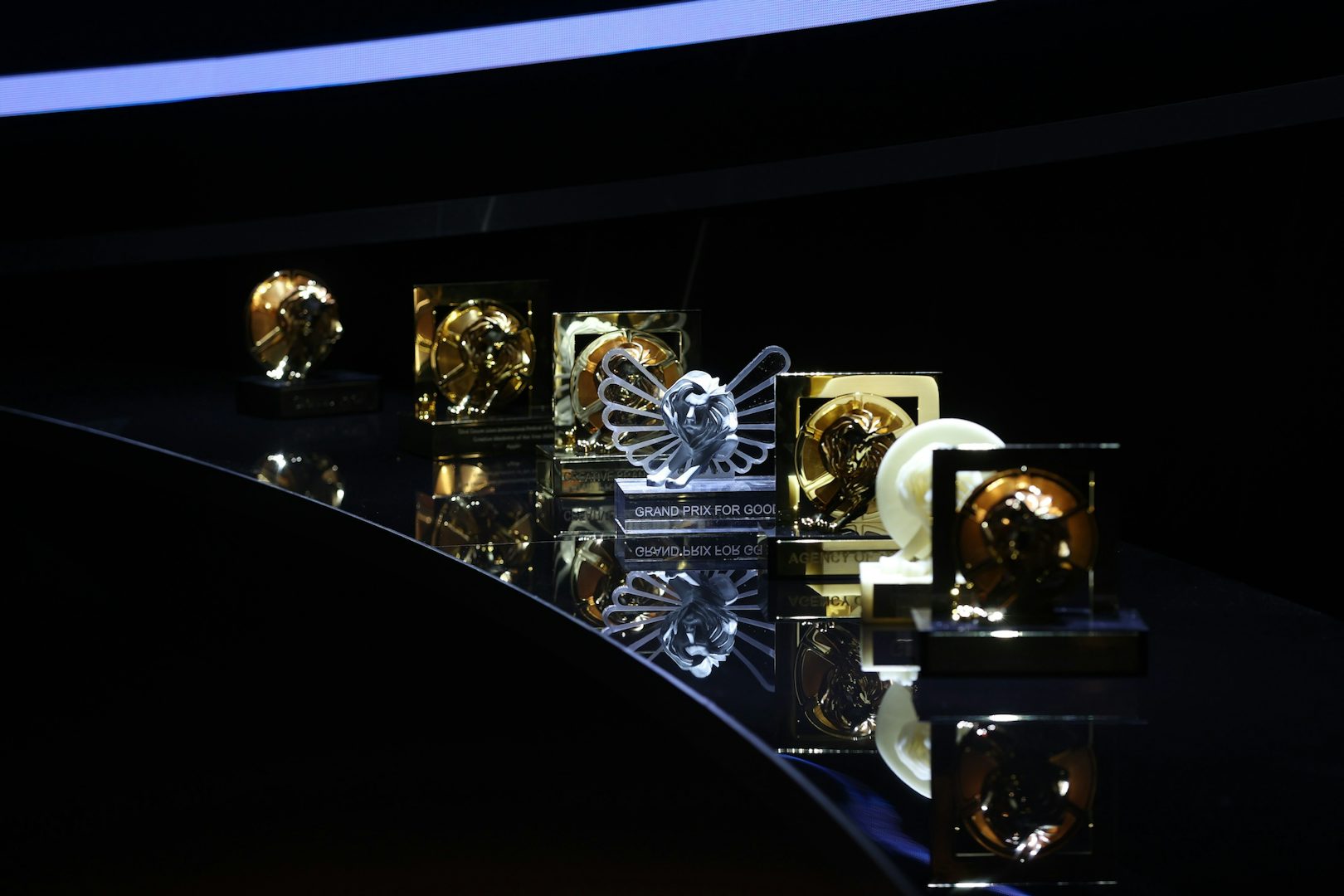Was the Cannes Lions awards scandal inevitable?
Painting a false picture in awards entries is nothing new, says Ben Kay, and is symptomatic of an industry that is employed to do the same for clients
It seems as if you can barely move these days for all the Cannes scandals (scannesdals?) of doctored entries, case study exaggerations, taking credit for the work of others and questionable voting decisions.
The CCO and co-president of São Paulo agency DM9 has stepped down after admitting to manipulating case study footage for their Creative Data Grand Prix-winning campaign for Whirlpool. A New Balance Lion winner by LePub São Paulo (what is it about São Paulo?) is being investigated after a journalist alleged that key performance data and endorsements featured in the award entry were misleading.
It goes on: Gut’s Effectiveness Gold Lion-winner for InBev achieved the doubly dubious distinction of allegedly taking credit for someone else’s work, and being awarded by a jury whose president was their global CEO. Award-winning creative and Industry sustainability provocateur Polina Zabrodskaya called out Talented’s Lion-winning Nature Shapes Britannia campaign as “bullshit” for the way in which it presented its sustainability creds. This led to a response from the agency and client, which Zabrodskaya then described as “more bullshit”.
On top of all that, we also had InBev apologising for a campaign created by Africa Creative DDB (I’ll give you three guesses which city they’re based in), which advertised the enormously wealthy brand Budweiser by finding a way to avoid paying musicians for their work. So what does this tell us? Fundamentally, not much. Since I’ve worked in the business, awards have always been blighted by some form of rule-bending.




